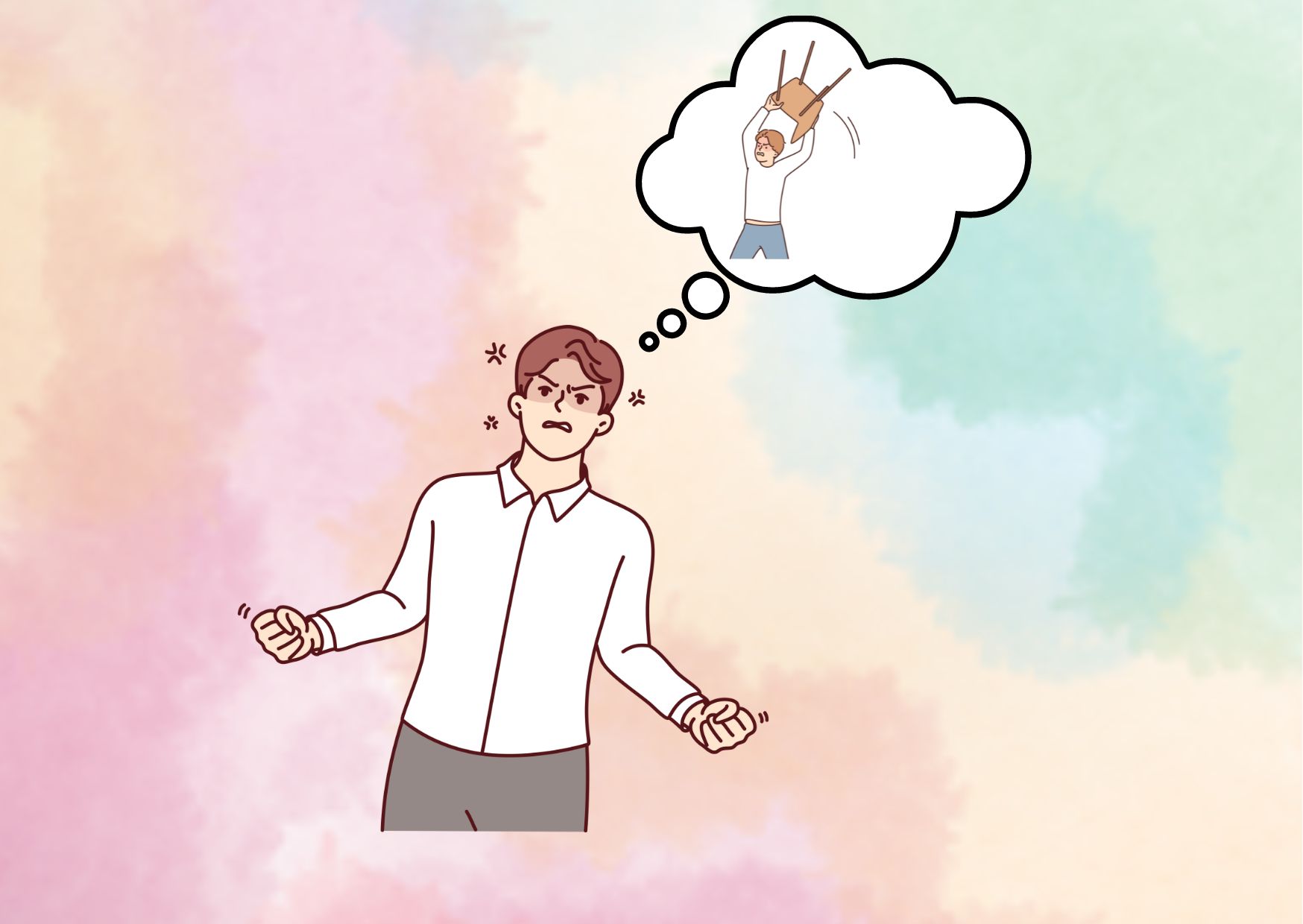Impulsive Thoughts: Understanding and Managing Your Mental Landscape
Introduction
The human mind is a complex landscape filled with thoughts, ideas, and emotions. At times, we experience thoughts that seem to come out of nowhere, triggering intense reactions and causing us to question our own sanity. These thoughts are known as impulsive thoughts, and understanding and managing them is crucial for maintaining mental well-being and healthy relationships.
In this comprehensive guide, we will explore the characteristics of impulsive thoughts, differentiate them from intrusive thoughts, and provide practical strategies for addressing and controlling impulsive thoughts. Whether you’re seeking to improve your mental health or enhance your relationships, this article will offer valuable insights and practical tools to navigate the intricacies of your mind.
I. Impulsive Thoughts vs. Intrusive Thoughts: Unraveling the Differences
A. Defining Impulsive Thoughts
Impulsive thoughts are sudden, involuntary ideas or urges that arise spontaneously. They often emerge without warning and can lead to impulsive behaviors without considering the consequences. These thoughts can range from harmless fantasies to potentially harmful actions, depending on the individual’s interpretation and response.
Unlike intrusive thoughts, impulsive thoughts are not typically distressing or anxiety-provoking. Instead, they may be fleeting and quickly dismissed by the individual. However, if impulsive thoughts become persistent or disruptive, they may indicate underlying mental health issues that require attention.
B. Understanding Intrusive Thoughts
Intrusive thoughts, on the other hand, are unwanted, involuntary thoughts, images, or ideas that cause distress and anxiety. They often involve disturbing or taboo content and can be challenging to control or suppress. Intrusive thoughts are commonly associated with conditions such as obsessive-compulsive disorder (OCD) and post-traumatic stress disorder (PTSD).
It’s important to note that while intrusive thoughts may be distressing, they do not reflect a person’s true character or intentions. They are a product of the mind’s natural thought processes and should not be confused with impulsive thoughts.
II. Characteristics of Impulsive Thoughts
A. Spontaneity and Lack of Control
One of the defining characteristics of impulsive thoughts is their spontaneous nature. They arise suddenly and without conscious control, often catching individuals off guard. Unlike deliberate thoughts, impulsive thoughts occur involuntarily and can be challenging to predict or prevent.
